Bee venom might provide strong anti-inflammatory actions that could support skin health, immune regulation, motor function, and arthritis symptoms. Nevertheless, it can also produce harmful effects, so caution is warranted.
Bee venom is a clear, acidic fluid that bees release through their stingers into a target when they feel threatened. Studies indicate it may offer a variety of health benefits, ranging from lowering inflammation to addressing chronic diseases. Still, research in several of these areas remains preliminary or requires larger samples and longer follow-up to draw firm conclusions.
Bee venom is made up of components that can have both beneficial and detrimental effects on health.
According to research, bee venom includes both anti-inflammatory and proinflammatory substances. Melittin — a peptide of 26 amino acids — accounts for roughly half of the venom’s dry weight and has demonstrated antiviral, antibacterial, and anticancer activity in some studies.
Melittin is also the primary contributor to the pain and swelling associated with bee stings.
Additionally, bee venom contains peptides such as apamin and adolapin. While these act as toxins, they also exhibit therapeutic properties in certain contexts.
Bee venom contains phospholipase A2, an enzyme and major allergen that can provoke inflammation and cellular damage. Yet, older studies suggest phospholipase A2 may, in some situations, exert anti-inflammatory and immunoprotective effects.
Although parts of the literature highlight advantageous activities of certain venom constituents, the individual roles of many components remain unclear because numerous elements have not been thoroughly investigated.
What therapeutic roles might bee venom serve?
Apitherapy is a complementary medicine approach that uses bee-derived products — including venom — to address and prevent illness, pain, and inflammation.
Although bee venom has grown in popularity recently, it has been employed in traditional practices for thousands of years.
Bee venom is delivered in various formats and is available in multiple products. For instance, it is incorporated into extracts, dietary supplements, moisturizers, and serums. Bee-venom items can be purchased online or in specialty shops.
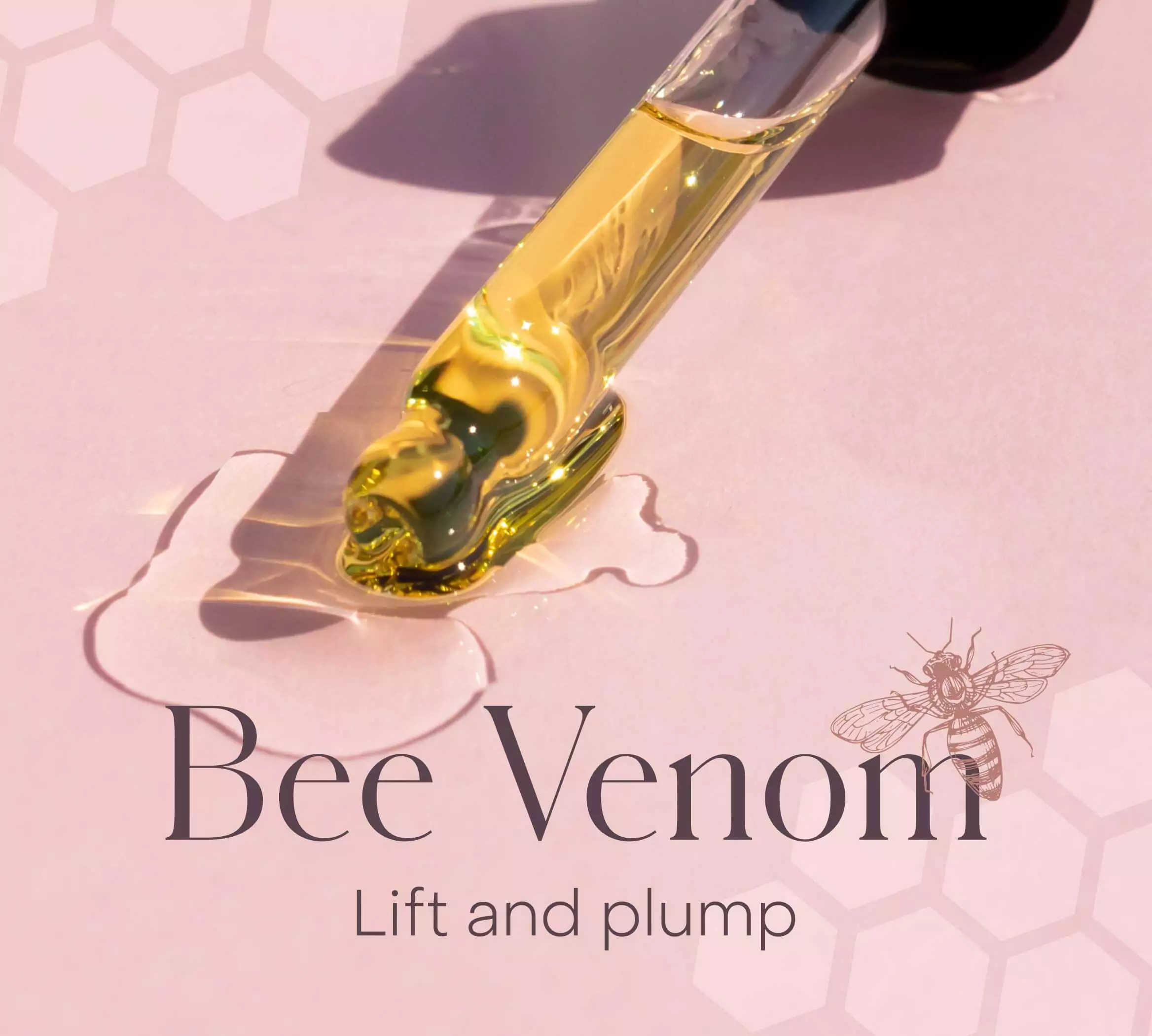
Bee-venom injections have been investigated for inflammation, pain, arthritis, Parkinson’s disease, and cancer. However, researchers commonly note that more rigorous controlled trials are necessary to verify the therapeutic value of bee venom for these conditions.
Bee venom is also used in live bee acupuncture, or bee-sting therapy — a method intended to relieve pain by placing live bees on the skin and inducing stings, according to some reports.
What possible health advantages does bee venom have?
While not all claimed benefits of bee venom are fully supported by science, studies suggest it may have medicinal effects in certain situations.
Anti-inflammatory effects
One of the most documented attributes of bee venom is its strong anti-inflammatory potential. Several constituents, notably melittin, have been shown to reduce inflammation.
Although melittin can provoke itching, pain, and inflammation at high doses, in small quantities it may have anti-inflammatory actions.
Melittin may interfere with inflammatory signaling and lower markers like tumor necrosis factor-alpha (TNF-α) and interleukin 1 beta (IL-1β). This could be relevant for inflammatory disorders, possibly including some cancers. However, evidence is insufficient to confirm these effects conclusively.
A 2022 review on the pharmacological actions and mechanisms of bee venom reported that the venom may deliver several therapeutic effects, such as anti-inflammatory, anticancer, neuroprotective, analgesic, and antimicrobial activities.
Further human studies are required to establish definitive anti-inflammatory and multi-target benefits of bee venom.
Alleviation of arthritis symptoms
The anti-inflammatory qualities of bee venom may aid people with rheumatoid arthritis (RA), a painful inflammatory disease affecting the joints.
A trial involving 120 RA patients reported that bee-venom acupuncture, using 5 to 15 bee stings every other day, produced symptom relief comparable to conventional RA drugs like methotrexate and celecoxib.
Although researchers suggest bee venom could have promising therapeutic effects for RA, higher-quality trials are necessary to confirm these findings.
Neuroprotection and motor function
A 2022 systematic review examined bee venom’s effects on Parkinson’s disease. Authors observed improvements in motor performance and reductions in oxidative stress markers among people with Parkinson’s. Bee venom also exhibited anti-inflammatory properties and, when used alongside Parkinson’s medications, appeared to enhance their effects.
Although this research area is still emerging and needs more study, these early results imply bee venom might serve as a complementary approach for managing Parkinson’s disease.
Skin care and cosmetic uses
Numerous cosmetic brands have added bee venom to serums and moisturizers under claims that it can:
- reduce inflammation
- provide antibacterial effects
- diminish wrinkles
2021 research on cosmetic uses of bee venom found that its bioactive ingredients might offer anti-inflammatory, antibacterial, and regenerative effects for the skin.
Investigators noted that low-dose topical bee-venom treatments improved acne, eczema, hair loss, and vitiligo. Bee venom also sped wound healing and reduced facial wrinkles.

Immune modulation
2022 research on biological effects of animal venoms reported that bee venom specifically exerted multiple immunomodulatory actions on the human immune system. Bee venom dampened inflammatory responses by decreasing levels of pro-inflammatory cytokines and autoimmune markers. Repeated low doses appeared to enhance immune tolerance.
Researchers concluded that even though some venom components, like melittin, can stimulate immune reactions (allergy or inflammation) and potentially damage immune cells, the overall effect may shift the immune system from a proinflammatory state toward an anti-inflammatory orientation.
What precautions and drawbacks should you consider?
While bee venom shows several potential advantages, it is not without hazards. Any therapeutic use of bee venom should be overseen by a qualified professional.
Possible adverse effects and risks from injected or topical bee venom therapies include:
- Anaphylaxis and sensitization: Bee venom can induce life-threatening allergic reactions, even in people who previously tolerated it.
- Local reactions: Bee-venom injections, such as acupuncture treatments, may cause localized effects like itching, swelling, pain, and skin irritation. Topical bee-venom cosmetics can also trigger irritation, edema, itching, rashes, and occasionally systemic allergic responses.
- Serious toxic or neurological reactions: High doses of bee venom may be toxic. Studies indicate repeated or high-dose applications can cause severe and persistent muscle burning pain, tissue necrosis (cellular damage or death), and premature destruction of red blood cells.
A 2022 review reported that 58 of 145 trials involving bee venom documented adverse reactions. The absence of a specific antidote and the administration of bee venom by nonmedical practitioners make caution essential when considering bee venom therapies.
Conclusion
Bee venom may have therapeutic and cosmetic potential because of its possible anti-inflammatory and antioxidant properties, among other effects.
Both injected and topical uses of bee venom carry recognized risks and side effects. The most serious danger is anaphylaxis (a systemic allergic reaction). Frequent and high-dose use is associated with the greatest hazards.
Applications of bee venom, especially injections, should always be overseen by a trained professional.
Although the outcomes of several studies are encouraging and suggest bee venom could be useful for multiple health issues, further research is required to clarify the precise therapeutic mechanisms, optimal uses, and strategies to minimize risks and allergic events.

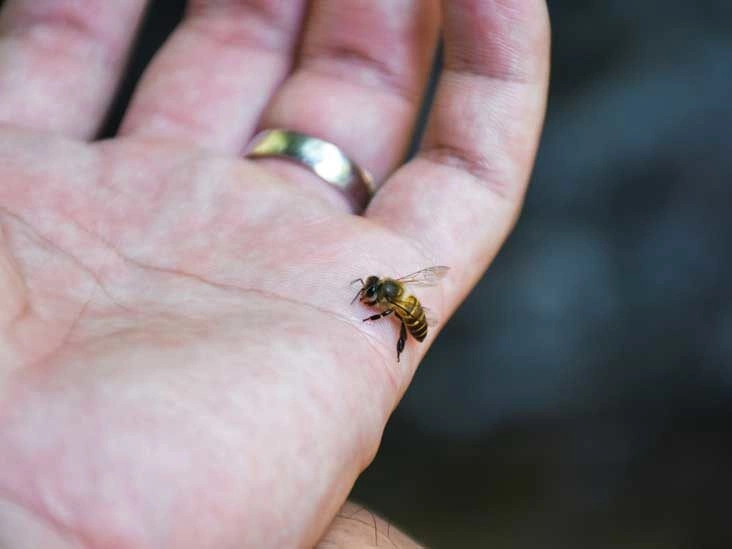



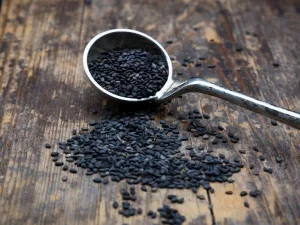









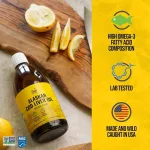






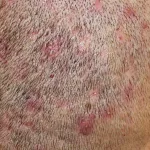


Leave a Reply
You must be logged in to post a comment.